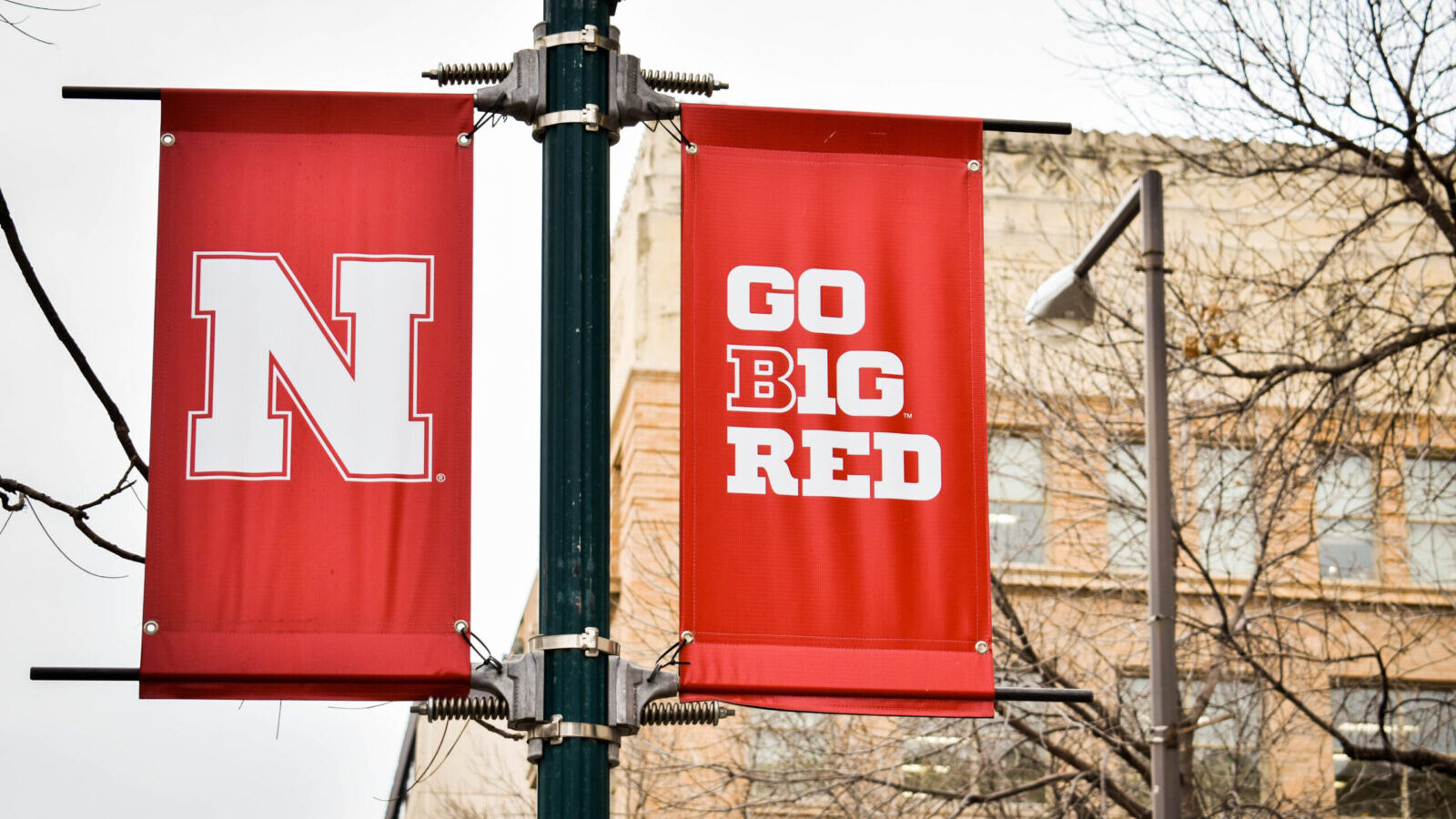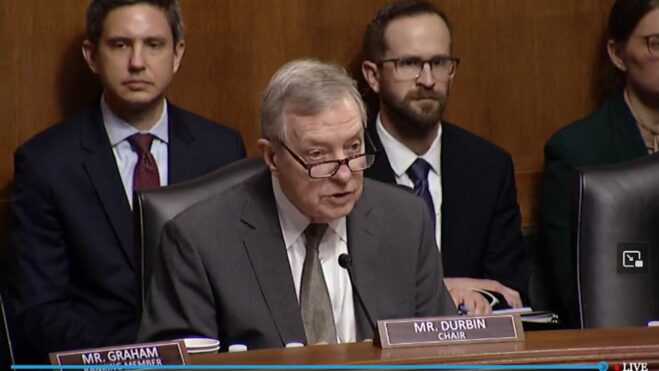Group Of Nebraska Lawmakers Speaks Out Against Legalizing Online Sports Betting
The 13 state senators assert that online gambling will lead to ‘new addictions’
1 min

Last week, a proposal to legalize online sports betting in Nebraska withstood rigorous examination by the Unicameral General Affairs Committee and is now poised for a decisive vote by all state lawmakers. The outcome of this vote remains uncertain, however, as a faction of Nebraska lawmakers is determined to thwart the initiative’s progress.
Thirteen senators banded together and made their stance clear through a statement issued Friday, voicing their staunch opposition to the measure. Their primary concern is the potential exacerbation of problem gambling issues that could arise from the legalization of online sports betting.
These senators also express skepticism regarding the financial benefits of such legislation, challenging the optimistic revenue projections that proponents have cited based on successes in other states. Signing the letter were Senators John Lowe, Ray Aguilar, Joni Albrecht, Robert Clements, Robert Dover, Steve Erdman, Steve Halloran, Brian Hardin, Rick Holdcroft, Loren Lippincott, Rita Sanders, and Julie Slama.
Nebraska very recently legalized casinos largely on the promise of property tax relief that has failed to manifest itself. Expanding gambling further will inevitably lead to expanding the associated addictions and adds to more suffering in our communities. Online sports betting turns every cell phone into a 24/7 handheld gambling device, leading to new addictions.
— Anti-betting senators in Nebraska
The debate in Nebraska is set against a backdrop of varying experiences with sports betting across the U.S.
Neighboring Iowa has been largely viewed as a success story since sports betting’s legalization five years ago, with a total handle amounting to $9 billion. From this, the state has accrued $44 million in tax revenue. Many citizens of Nebraska cross into border states like Iowa to place wagers, and Nebraskans also have access to unregulated offshore sites.
What Nebraska could expect
As one example beyond Nebraska and Iowa, New Jersey, a pioneer in all forms of legalized gambling, has reported a massive volume of wagers. In the first five months of 2024 alone, sportsbooks in New Jersey handled over $6 billion in bets, a pace nearly $1.5 billion ahead of the previous year.
Colorado’s experience with sports betting offers further insights into the possible financial dynamics. In June 2024, Colorado sportsbooks experienced a 21.7% month-over-month decrease in total wagering handle, amounting to $350.4 million. The year-over-year figures, however, showed a 12.8% increase from the previous June.
The state’s sports betting revenue for June stood at $28.2 million, a 15.9% decrease from May’s revenue. However, the overall trend in Colorado has been one of growth, with the state surpassing $3 billion in total sports bets for 2024, marking an 18% increase in wagering handle compared to the same period last year.
The contrasting perspectives and experiences of different states highlight the complex nature of sports betting legislation. While some states have embraced the industry and capitalized on its revenue-generating potential, others remain cautious.
Nebraska finds itself at a crossroads, contemplating the potential risks and rewards of joining the ranks of states with legalized online sports betting.





